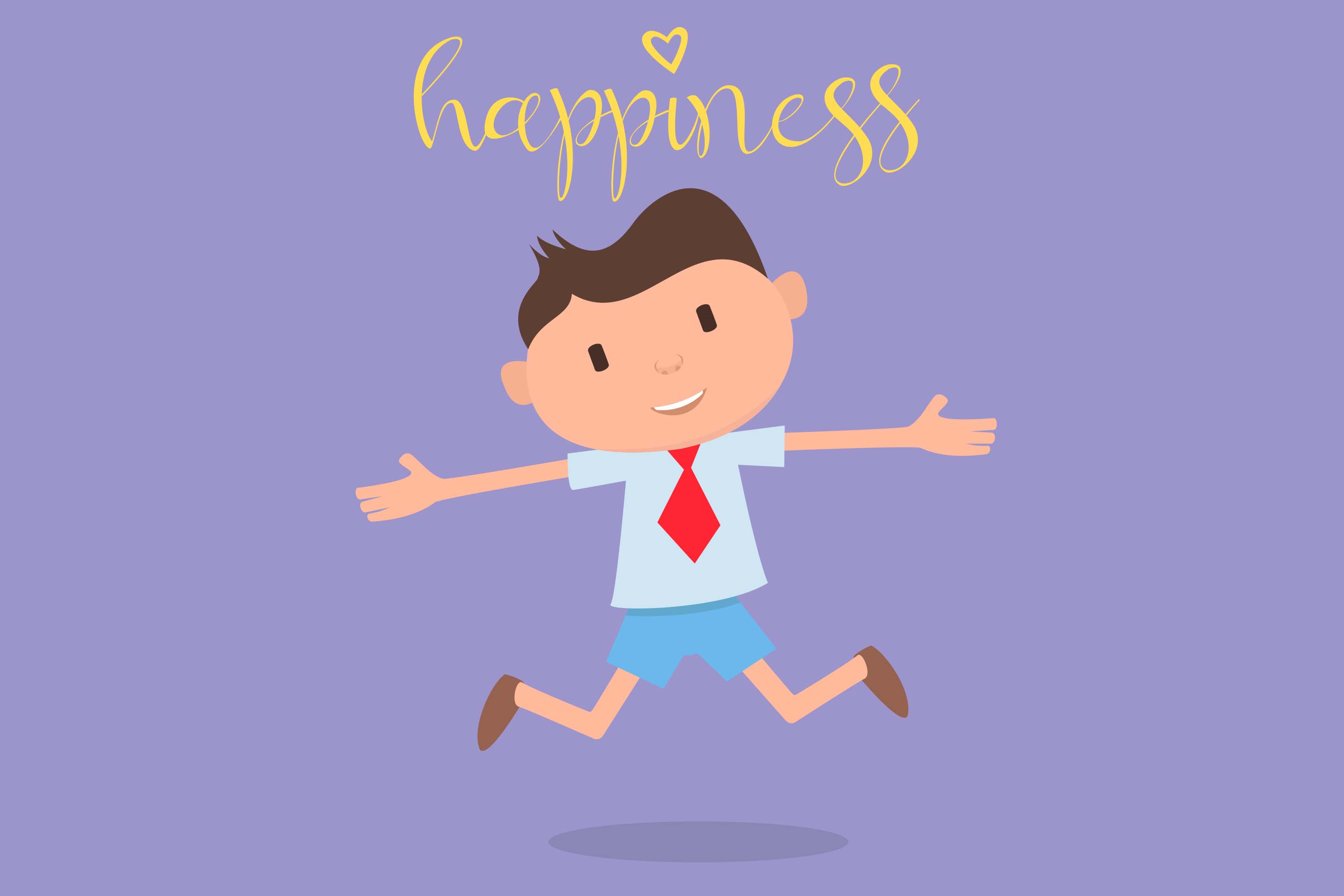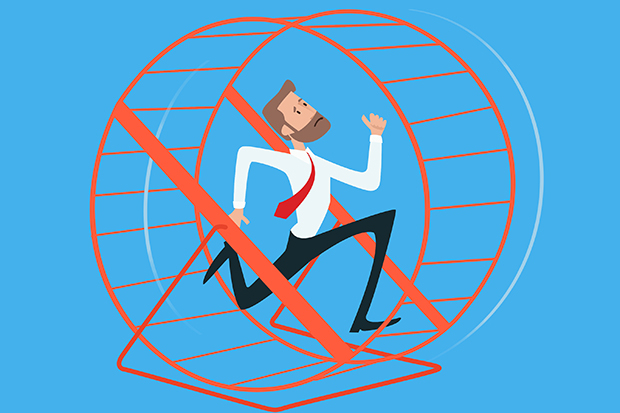on

We are all subject to stress and, at times, too much of it in our lives. Stress, and most importantly, unhealthy amounts of it, can negatively impact our physical and emotional well-being, preventing us from living healthy, productive lives. Whether we manage to fight off stress or succumb to it depends a lot on our coping strategies. Our perceptions and insights on our stressors, which are perceived threats to our well-being, play a huge part in shaping our body’s response to stress and, in turn, determine how successful we are at dealing with stress.
We all seem to have internal alarms that start ringing in the presence of stressors. It sets off a cascade of hormones that floods our body and prepares it to deal with the situation. What most understand as a ‘fight or flight’ response has its origins in the way we evolved. For a greater part of our nearly 2-million-year evolutionary history, humans were preyed upon by other animals. Fleeing from or fighting off predators was thus hardwired into our bodies.
Our bodies have not caught on to the fact that in the modern-day world, we are less likely to encounter a bear, a boa constrictor or an angry swarm of bees. The brain does not understand that it cannot fight off an interviewer or run away from the dentist’s chair. Our bodies hence prepare to face psychological stressors much like how they would treat physical threats. And the resultant incongruity in what our body is forced to do and what it attempts to do is the chief reason why stress grows out of bounds. Try going for a run after a stressful event, and you will see the truth of that statement. You would feel less stressed immediately because you would have let the body do what it was preparing itself for.
Our bodies and our minds co-evolved. The body listens to the mind. It reacts to what the mind takes to be real. People forget the mind-body connection. The body has, over the millions of years we have evolved, taught itself to respond uncritically to the mind. Our survival has long depended on it. But we have left the plains of Africa far behind, where humanity took its first faltering steps, where what a large cat decides it wants for dinner might bring our life to a swift and violent end. Our worlds have grown to include not just our immediate physical surroundings but all that our minds perceive, all that it treats as extant. Our bodies, however, seem not to understand the difference between physical and psychological threats and treat them on par.
To stave off stress, we must teach ourselves newer ways to respond to it. The bodily responses to stress might not be in our control. But the mind that sets off the body’s response can certainly be influenced. What often hampers our efforts to stay on an even keel are our agitated minds. So, any strategy that can successfully address the stress in our lives must begin with the mind. We must confront the fact that our responses to the demands placed on us are sometimes inappropriate, if not disproportionate. One way to look at ourselves is as a collection of habits. Some are so ingrained that they have almost become automatic. However, a lot many of them can be changed. But before we start looking for ways and means to change our habits, let us look at two of the factors that have an immense impact on how stressed we feel: predictability and control. Let us try to understand these factors and the ways they affect our perception.
Our sense of control and ideas surrounding predictability hinge on our familiarity with our stressors. Imagine your dentist is out of town, and you suddenly have to consult another. Things could feel slightly more stressful even though the procedure you undergo is the exact same. Familiar faces and surroundings give us a sense of being in control. Things appear predictable. And stress stays within bounds. Under familiar environs, the fact that we have no real control over situations often fails to impinge on our minds. Thus, it is not predictability and control that affects us but rather our perception of it. So, a successful stress response comes down to managing perception. Anything that improves the predictability of events and our sense of control, or our perceptions of these, can beneficially impact our stress response—even if they are merely the thoughts that we think. So, the single most important piece of a successful stress response is your mind.
Stress essentially is an outcome of our attempts to keep ourselves alive. Stress grows out of control because we aren’t paying attention to what is happening inside our minds. The lack of familiarity with the goings-on inside greatly hampers our ability to find order. Understandably, if you have managed to get yourself into a certain mental state, you should be able to get yourself out of it too. But your mind has a life of its own. The mind is much like a pack animal. If you don’t train it, if you don’t teach it to obey you, you will suffer. It can carry you through life. It can take you places, but they needn’t necessarily be where you want to go. The mind pulls you in different directions. This tug you feel drives much of how you think and react. You need to look at the mind’s motivations. When it gets too excited, you need to calm it down. But that ability is the result of practice.
The things that trigger your stress response are not often directly tied to you. They are instead connected to your definition of yourself. And we have very vague, fluid, loose definitions of the self. It can be anything. It can extend to things you are fond of. It may extend outside of yourself to people you have just met or ideas you have come to value. At each moment, we make our pick from what is available to us to throw together the self. It keeps changing, but we seldom notice it. Half an hour ago, your self could have been organised around your anger. Now it could be your despondency that has taken centre stage. A little later, it could be replaced by some other feeling altogether. Our definition of us can be manipulated. You might not want to admit this, but other people often hijack our definitions of ourselves. They can add to it, alter it. Thus, they can make us act or behave in ways that we may never do otherwise. Stress, too, in a sense, wrests control of our sense of self. Something inside says, “This is me; this is me.” You need to be able to step back and say, “This is not me.”
The sense of self is something manufactured by the mind. It is like a stand-in, a placeholder. The assumption is that there is something there and that something is you, and it needs to be defended and protected. The fact is, in the absence of a sense of self or even when it is in abeyance, you cannot have self-referential thoughts, in the absence of which you don’t feel stressed either. Here is a trick you can try when you lie awake at night, unable to quiet your thoughts. Imagine a twig floating down a stream or a leaf carried in the wind. Make it as real as you can, and you will fall asleep pretty soon. This works by keeping out self-referential thoughts. Your mind cannot ignore things tied to you. It assumes they are essential to your survival. Thus, your thoughts refuse to die down, making it impossible to relax. What this means is that your sense of self is what you need to work at to combat stress.
You would have greater control over the mind if you could define the self instead of letting the mind define it for you. Why are some people more resilient than others? They either have a stronger sense of self or have an intuitive understanding of the fact that they can be whatever they need to be and are able to throw together a self that is less inclined to come apart under pressure. None of us ever had just one single definition of ourselves. So, if we change it a minute from now, the mind is not going to fight it. The fact that a sense of self is based on a flexible definition is thus something we can use to our advantage. We relate to our stressors in predictable ways. We can learn to sidestep many of our troubles by replacing or restructuring our sense of self. It all comes down to our sense of control and predictability. They change with your self-image.
To learn to control your definition of your self means you need to have the ability to distance yourself sufficiently from whatever definition you have at any given moment. It is not an easy technique to master. I would advise meditation of some sort. Nothing complicated. Or try listening to some slow, mellow music. Or long walks that can clear your head. The key is to find something that works for you and do it routinely. What that accomplishes for you is to create feelings that can counterbalance strong emotions. They help you to not latch on to everything the mind says is of importance. They help you slow down. The next thing is to teach yourself to do this when you feel stressed. You can’t slow down if you don’t practise slowing down. You should know where the brake pedal is. You need familiarity with the process. Any technique or activity that helps you disengage from the demands placed on you can aid you in calming down. When you have feelings to deal with, it is best to replace them with other feelings. And not being drawn towards things is a feeling. Most people are unfamiliar with it. It makes sense to get acquainted with this feeling, this escape hatch. You cannot go shopping for a fire extinguisher when the fire is raging. You need to be pre-armed to deal with stress.
Eliminating all the stress that could possibly arise from your life is an impossible goal. Teaching yourself how to manage stress would be the pragmatic approach. If your mind or brain is trying to keep you alive, you stand to benefit from teaching it the proper ways to do it. But you need to first understand how stress comes about. And you should not let yourself forget it. You also need to arm yourself with some techniques and practise them until they kick in on their own when stressful situations arise. Techniques that help you redefine your sense of self make excellent additions to your stress fighting arsenal. Such techniques also help create the space in our lives that can afford us insights into the causes of stress which might otherwise go unaddressed. Often enough, just knowing that there are approaches that you can adopt can help turn the tide and help you feel in control. The fact is that nearly all of us can improve our ability to tackle stress if we work at it. There are no one-size-fits-all approaches that can be adopted. All of us are different. But with a bit of effort on our part, we can identify what works best for us.




